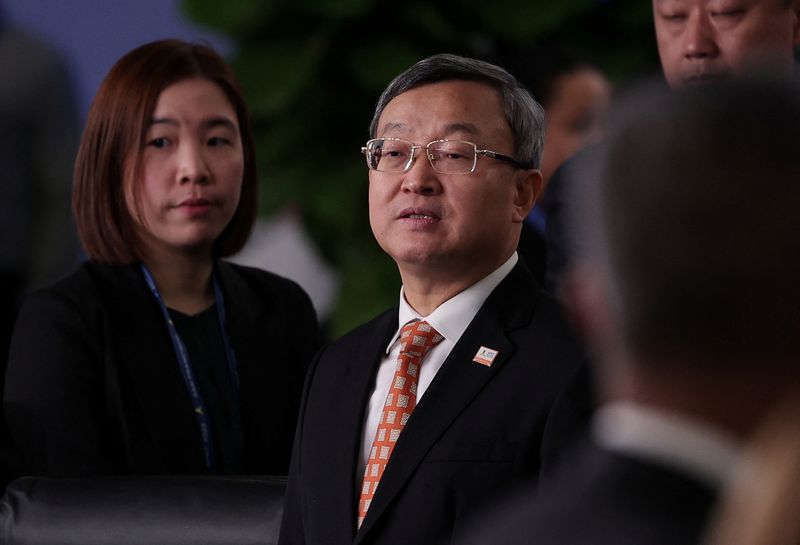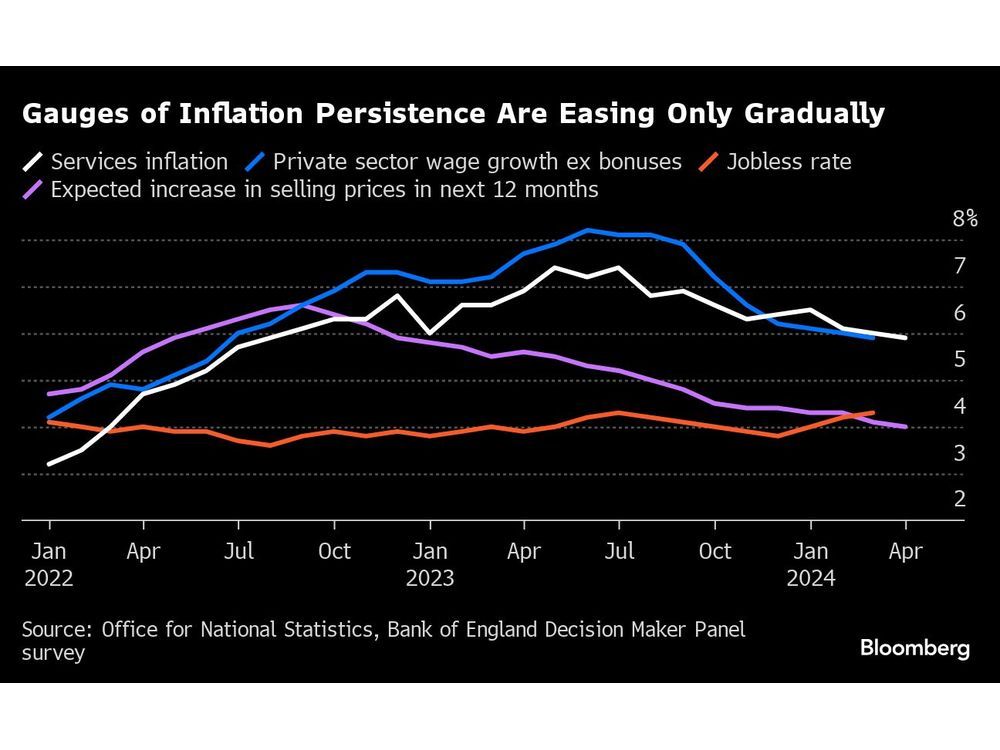Follow us on LinkedIn
A company allows shareholders to buy its stock to give them partial control over its operations. Once shareholders own enough shares in that company, they hold a controlling interest. Usually, this interest comes with having enough voting stock shares. Sometimes, it may not be necessary, as in variable interest entities.
What is a Variable Interest Entity?
A variable interest entity (VIE) allows investors to get controlling interest without owning majority voting stock shares. In this form of an entity, shareholders don’t need to hold a significant portion of the total outstanding stock. Instead, they can still achieve controlling interest through a contractual relationship. Therefore, directly owning the voting stock shares is not necessary for a variable interest entity.
A variable interest entity is a form of business structure. It allows public companies to own a controlling interest in the entity despite not owning majority shares. Consequently, the public company can dictate the VIE’s activities despite not meeting the criteria to be a controlling interest holder. Variable interest entities have unique characteristics that set them apart from other business structures.
How does a Variable Interest Entity work?
Companies often create a subsidiary to segregate one of their business segments into a different entity. They may also do so to avoid the financial risks that come with those operations. This form of subsidiary is known as a Special Purpose Vehicle (SPV). A variable interest entity falls under this definition and is a type of SPV.
A variable interest entity can partake in various activities. These may include holding, transferring, or selling assets. Similarly, it can work in other areas, such as isolating financial risks or hedging financial instruments. Public companies may use variable interest entities for many reasons like holding and managing their leases.
The essence of a variable interest entity is its ownership structure. It does not require investors to hold controlling interests to direct its operations. Instead, it works through special contracts that include the conditions for the ownership. This form of business structure allows companies to manage activities without the responsibilities that come with ownership.
What are the characteristics of a Variable Interest Entity?
Variable interest entities are defined by their characteristics. By understanding these, it is straightforward to identify these entities. Usually, a variable interest entity has the following features.
- It needs additional financial support since its lacks enough equity finance to support its activities.
- Its structure includes non-substantive voting rights.
- Its residual shareholders do not have enough controlling interest to direct its activities.
- Residual shareholders are not obligated to cover expected losses from the VIE’s operations.
These characteristics allow variable interest entities to be different from other business structures. A variable interest entity does not meet the requirement for ownership. Therefore, companies may use it to their advantage to avoid responsibilities around reporting or taxes, etc.
Conclusion
A variable interest entity is a business structure that allows investors to direct its operations without owning controlling interest. It is a type of special purpose vehicle companies use for various purposes. Similarly, variable interest entities come with several characteristics that set them apart from other business structures.
Further questions
What's your question? Ask it in the discussion forum
Have an answer to the questions below? Post it here or in the forum





Prime Minister Keir Starmer’s promise to “get Britain building again” will quickly face a shortage of skilled workers in the very industries he’s hoping will power the turnaround.